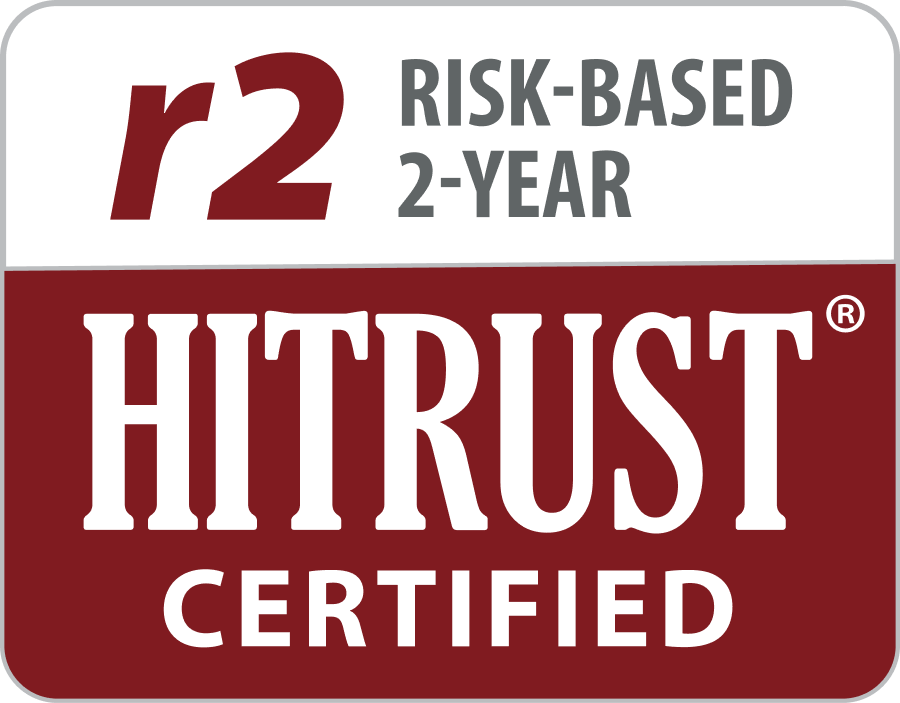The Risk Adjustment Data Validation (RADV) rule was finalized by CMS in January 2023 to tighten oversight of Medicare Advantage (MA) plans. A central change was the removal of the fee-for-service (FFS) adjuster, which historically helped normalize error rates seen in MA and with those seen in traditional Medicare. By eliminating this component, CMS sought to hold MA plans more accountable for overpayments, even if similar coding errors occurred in traditional Medicare.
When the rule was finalized, CMS projected that the stricter audits would result in $4.7 billion in repayments between 2023 and 2032, applying the methodology retroactively to Payment Year 2018.
In May 2025, CMS announced it would escalate its oversight, by launching annual RADV audits for all eligible MA contracts, clearing audit backlogs, citing the 2023 RADV final rule as its authority. Early this month, CMS also cited industry estimates on overpayment to MA plans (Federal estimates of $17 billion and MEDPAC’s estimates of $43 billion) to implement Enhanced Technology, Workforce Expansion, and Increased Audit Volumes to recoup over-payments.
Since then, audits s for payment years (PY) 2018–2019 were initiated, with a 35-member sample per plan. Most recently PY19 audit activities are expected to wrap up by November 24, 2025. CMS has been planning future notices for 2020–2024 & beyond, and the industry has been waiting for further updates and notices.
The Court’s Decision: A Setback for CMS Oversight?
On September 25, 2025, Judge Reed O’Connor of the U.S. District Court for the Northern District of Texas vacated the RADV rule, citing that CMS violated the Administrative Procedure Act of 1946. The judge determined that CMS had not provided meaningful notice or dialogue regarding its removal of using the fee-for-service adjuster to maintain actuarial equivalence between MA and traditional Medicare plans. The ruling vacates and remands the regulation, essentially nullifying it and requiring reconsideration under new legal standards.
This decision may appear to disrupt CMS’s plans to apply its announced extrapolation methodology to both PY18 and current PY19 audits as well as its plans to continue to catch up on RADV audits and plans to audit all MA contracts annually, but a more legally stringent rule and framework may follow.
Implications for the Industry
- Regulatory Uncertainty: MA plans face ambiguity about the standards governing ongoing and future RADV audits.
- Financial Exposure: Plans must remain cautious about potential repayments despite the vacatur, as policy shifts are likely.
- Policy Ripple Effects: The ruling challenges CMS’s broader recovery efforts and adds new complexity to RADV cycles already in progress and yet to begin.
Recommendations for MA Plans and Stakeholders
Continue to prepare filings for current PY19 audit responses
- CMS has not yet withdrawn its audit demands for medical record data. CMS has adequate authority to continue to gathering data for the current PY19 RADV Audit
- Additional guidance is expected on CMS’s call scheduled for September 30th.
Continue Preparing for Heightened Oversight
- Maintain internal RADV-like auditing processes: OIG audit reviews, High-Risk Diagnosis tracking, targeted retrospective and concurrent reviews, and robust provider education.
- Secure contingent resources and experts to support both official RADV audits and internal efforts, allowing health plan teams to stay focused on AEP, STAR improvement, risk adjustment sweeps, and cost-of-care initiatives.
Enhance Legal and Policy Monitoring
- Track guidance from CMS, AHIP, BCBSA, and Better Medicare Alliance, as they will shape industry responses.
- Engage compliance and legal counsel to interpret the ruling’s implications.
- Participate in stakeholder dialogue to advocate for transparency and fairness in future rulemaking.
Strengthen Scenario Planning for Financial Risk
- Build financial models for multiple audit scenarios, including second-level reviews and extrapolations based on the sample frame.
- Partner with actuaries, financial analysts, and audit experts to assess potential revenue impacts.
Conclusion: Stay on the Course, Stay Vigilant
Judge O’Connor’s decision creates uncertainty but does not diminish CMS’s commitment to curbing overpayments. MA plans currently engaged in RADV cycles, some of which run through November 2025, must complete these audits diligently while preparing for potential regulatory revisions.
Importantly, inaccurate diagnoses not only increase exposure to CMS and HHS-OIG penalties but also affect patient care quality. The industry should view this ruling as a pause, not a reversal, and continue to strengthen its compliance processes.
By Subbu Ramalingam, Managing Director
References:
Our expert team in Risk Adjustment, Compliance/Policy, and Coding Operations is already assisting several health plans in building robust RADV-resilient oversight programs, supporting coding and retrieval efforts, and helping with appeals, thereby ensuring readiness for both current and future audits.
Be on the lookout for more insights from ACG’s experts after further notices from CMS are expected in the next few weeks.

